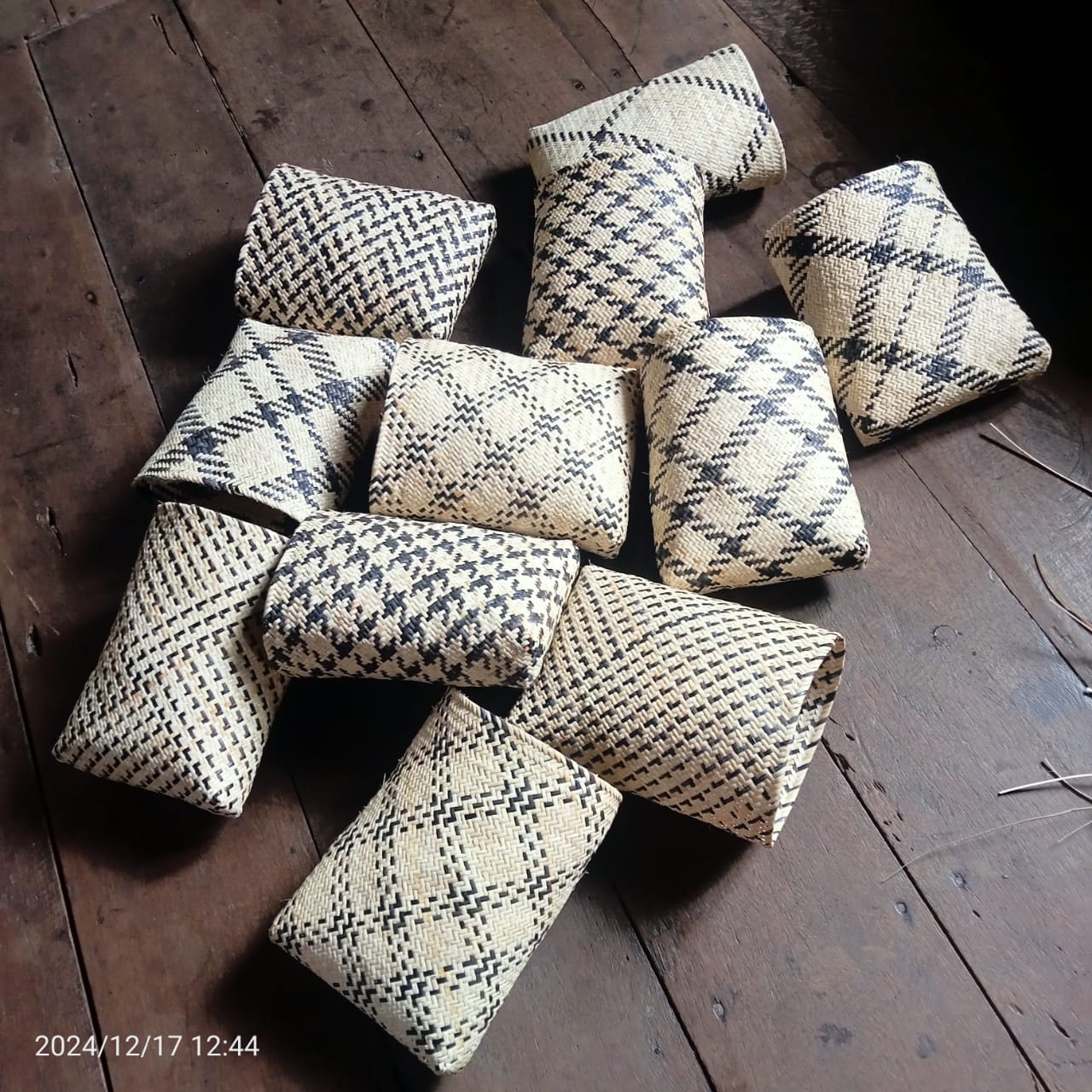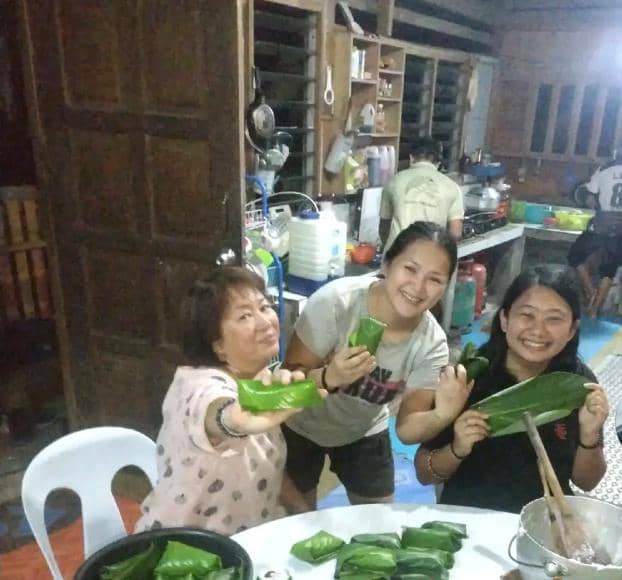
Borneo's rainforests are under threat. Despite claims that large areas are "protected," these ancient forests face logging, mining, and plantation expansion every day. For thousands of years, Indigenous communities have called these forests home. Now, they're fighting to save not just their land, but some of the most important ecosystems on our planet.
The Fight for Borneo's Forests Most People Don't See
Under the thick green cover of Borneo's trees, there's a battle that few outside the region know about. Since the late 1980s, Indigenous groups have been fighting against big logging companies and government plans that take away their homelands and harm one of the world's oldest rainforests.
These brave actions caught the eye of people around the world, including Joe Lamb, who started The Borneo Project in 1991 after seeing these communities' courage firsthand. He created the organization with a simple goal: to help those protecting their forests and make sure their stories are heard worldwide.
For over 30 years, The Borneo Project has been:
- Teaching Indigenous activists how to map their lands
- Helping communities with legal support when they face land grabs
- Supporting more than 200 villages fighting illegal logging
- Giving over $500,000 for tree planting, organic gardens, schools, and other community needs
Even with this good work, the fight to save Borneo's forests grows more urgent every day.
What "Protected Forest" Really Means in Borneo
When the Sarawak government calls an area a "Protected Forest," it sounds good but often means the opposite. These so-called protected areas are not safe from logging and plantations.
Many "Protected Forests" are part of what's called the Permanent Forest Estate. This name tricks people because these forests aren't being saved – instead, big companies get long-term rights to cut down trees while Indigenous people are treated like criminals just for being on their own land.
The unfairness is clear: local people can be fined RM50,000 or sent to jail for building a home or making a cooking fire on land their families have lived on for hundreds of years. At the same time, logging companies can freely cut down trees in these same areas.

Land Rights: The Best Way to Save Forests
Years of research proves what Indigenous people have always known: when local communities have legal rights to their land, forests do better. There are more plants and animals, more carbon is stored, and fewer trees are cut down.
But in Sarawak, getting these rights is very hard. Communities must prove they've lived on the land since before 1958, which is nearly impossible because many people were forced to move, and officials won't accept oral histories or traditional maps as proof. Even when communities win in court, the decisions are often ignored or delayed.
The Land Back movement shows an important truth: forests can't be truly protected without Indigenous leadership. If we want to save Borneo's rainforests, the answer is simple: give the land back to the people who have taken care of it for generations.
How You Can Help
You can make a difference for Borneo's forests and the people who protect them:
- Support groups like The Borneo Project that work directly with local communities
- Share stories about what's happening in Borneo with friends and on social media
- Speak up when companies or governments ignore Indigenous land rights
Borneo's rainforests aren't just beautiful – they're vital for our planet. And the Indigenous people who live there aren't just victims – they are the world's best forest protectors with knowledge passed down through generations.
Let's stand with them.




Leave a comment
This site is protected by hCaptcha and the hCaptcha Privacy Policy and Terms of Service apply.